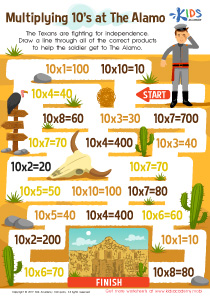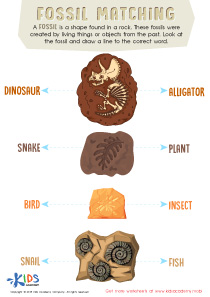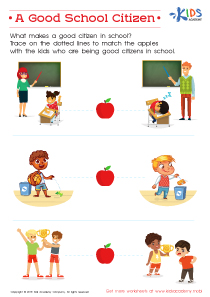Problem-Solving Skills Extra Challenge Governance and Civics Worksheets for Ages 7-8
3 filtered results
-
From - To
Unlock your child's potential with our "Problem-Solving Skills Extra Challenge Governance and Civics Worksheets" designed specifically for ages 7-8. These engaging printables encourage young learners to navigate real-world scenarios related to governance, civics, and community responsibilities. Each worksheet is crafted to enhance critical thinking and decision-making abilities, making complex concepts manageable and relatable. With a mix of fun activities, thought-provoking questions, and practical problems to solve, children can deepen their understanding of civic duties while developing essential problem-solving skills. Ideal for classroom use or at-home learning, these worksheets provide an exciting challenge that promotes civic awareness and intellectual growth.
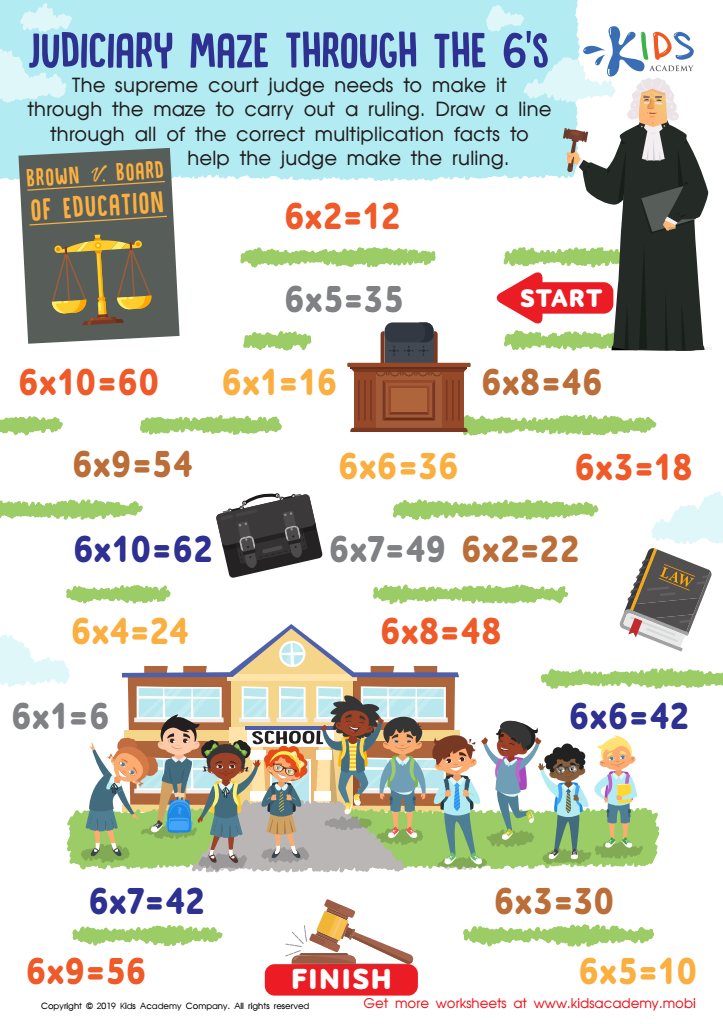

Judiciary Maze Through The 6’s Worksheet
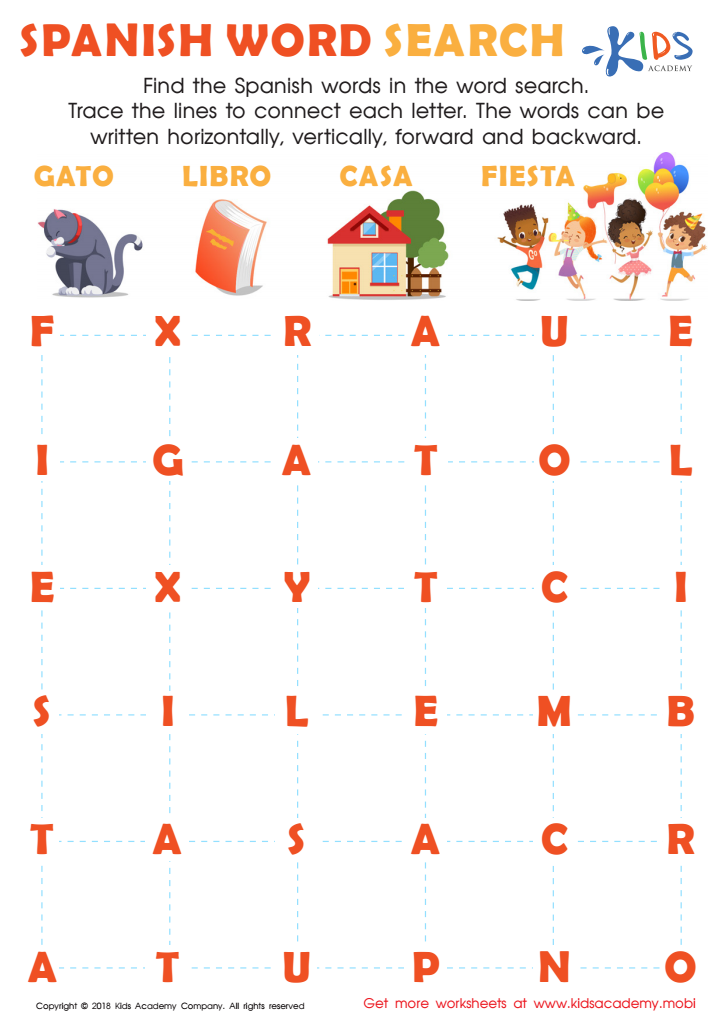

Spanish Word Search Worksheet
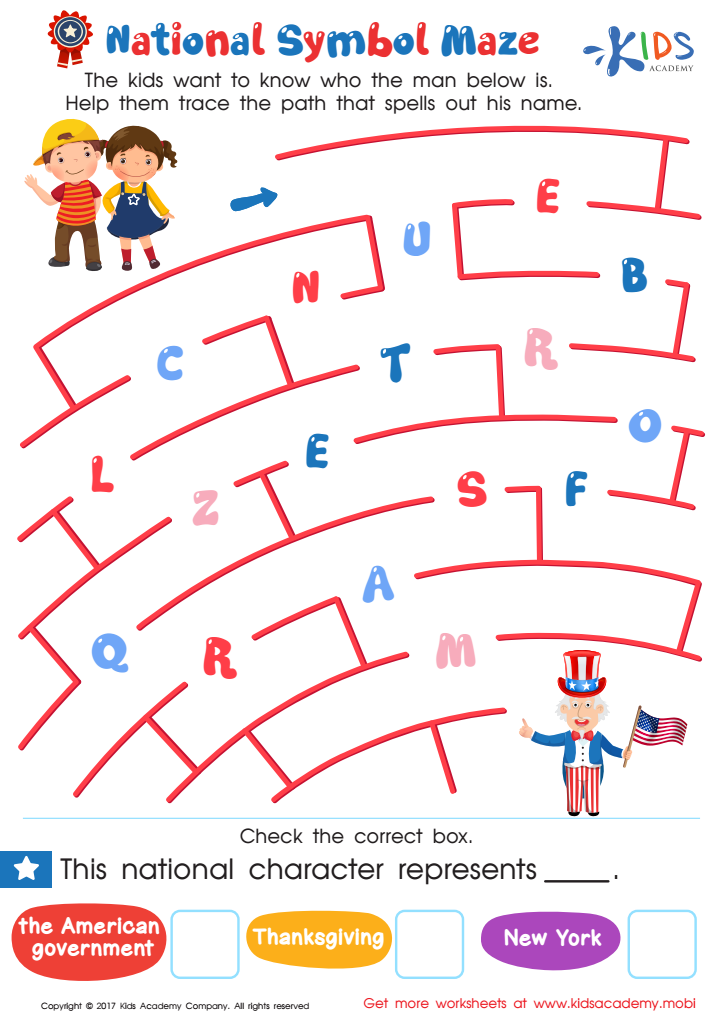

National Symbol Maze Worksheet
Problem-solving skills are crucial for children aged 7-8, particularly within the context of governance and civics. At this stage, children are developing cognitive abilities to think critically and engage with their environment. Empowering them with problem-solving skills enhances their understanding of complex societal issues, fosters empathy, and encourages active participation in their communities.
Parents and teachers should prioritize these skills because they lay the foundations for responsible citizenship. As children learn to navigate challenges and discuss civic matters, they develop the ability to consider multiple perspectives, have informed opinions, and work collaboratively to resolve conflicts.
Additionally, an early interest in governance and civics transforms abstract concepts into relatable experiences for young learners, ensuring that they feel confident in their roles as future citizens. Engaging in these activities nurtures curiosity about democratic processes, reinforces the importance of rules and rights, and encourages initiative in local issues, creating a generation prepared to actively shape their communities.
By prioritizing problem-solving in this context, educators and parents not only support academic growth but also instill vital life skills that will serve children well into adulthood. Ultimately, these practices promote a sense of belonging and responsibility, crucial elements for effective participation in a democratic society.

 Assign to My Students
Assign to My Students


